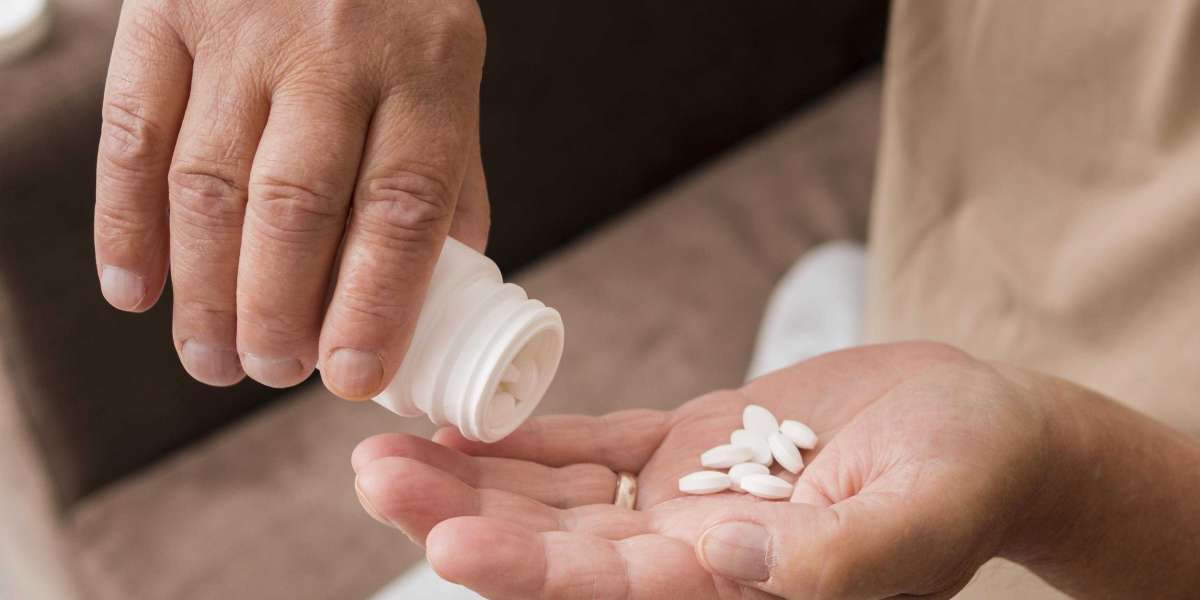Ivermectin tablets is a medication used to treat scabies, a highly contagious skin condition caused by the mite Sarcoptes scabiei. While it's an effective treatment, proper usage is crucial for successful eradication of the mites. Here's a detailed guide on using ivermectin for scabies:
Understanding Ivermectin for Scabies:
- Mechanism of Action: Ivermectin works by paralyzing and killing adult scabies mites and their eggs. However, it's important to note that it doesn't kill the eggs instantly. ivermectin doses for humans is available at dosepharmacy
- Dosage and Regimen: The typical dosage for ivermectin in scabies treatment is 200 micrograms per kilogram (mcg/kg) of body weight. This dose is usually repeated 7-14 days later for complete eradication.
- Limitations: Ivermectin alone might not be sufficient in severe cases or crusted scabies. Your doctor might recommend combining it with topical medications like permethrin cream.
Before Taking Ivermectin:
- Doctor's Prescription: Ivermectin is a prescription medication. Consult your doctor to confirm scabies diagnosis and receive a proper prescription.
- Medical History Disclosure: Inform your doctor about any allergies you have, medications you're currently taking, and any underlying medical conditions. This helps ensure ivermectin is safe for you.
- Pregnancy and Breastfeeding: Ivermectin can be harmful to unborn babies and breastfeeding infants. Discuss alternative treatment options with your doctor if you're pregnant or breastfeeding.
Taking Ivermectin:
- Follow Dosage Instructions: Take ivermectin exactly as prescribed by your doctor. The medication typically comes in tablet form and is usually taken with a full glass of water. Do not crush, chew, or break the tablets.
- Two-Dose Regimen: Most cases require two doses of ivermectin spaced 7-14 days apart. It's crucial to complete both doses even if symptoms improve after the first dose.
- Potential Side Effects: Common side effects of ivermectin include dizziness, nausea, vomiting, diarrhea, stomach pain, and muscle aches. These are usually mild and temporary. Report any severe or persistent side effects to your doctor.
Maximizing Treatment Success:
- Treating Close Contacts: Scabies is highly contagious. Everyone who has had close physical contact with the infected person should be treated simultaneously to prevent re-infection.
- Washing Bedding and Clothes: Wash all bedding, clothes, and towels used by the infected person in hot water (at least 50°C or 122°F) to kill any mites.
- Vacuuming Thoroughly: Vacuum carpets, furniture, and other surfaces where mites might reside. Dispose of the vacuum bag after use.
- Minimize Contact: Avoid close physical contact with others until you are confident you are no longer contagious (typically 12 hours after effective treatment).
Follow-Up with Your Doctor:
- Schedule a follow-up appointment: See your doctor a few weeks after completing treatment to ensure the scabies are eradicated.
- Persistent Symptoms: If you continue to experience itching or other symptoms after treatment, report it to your doctor. This might indicate incomplete treatment or another skin condition.
Additional Considerations:
- Severe Cases: In severe cases or crusted scabies, your doctor might recommend combining ivermectin with topical scabicides like permethrin cream.
- Alternative Treatments: In rare cases, ivermectin might not be suitable due to allergies or other medical conditions. Your doctor will discuss alternative treatment options in such scenarios.
Remember: This information is for educational purposes only and shouldn't replace professional medical advice. Always consult your doctor for diagnosis and treatment of scabies. They can tailor the treatment plan to your specific needs and ensure proper usage of ivermectin for successful eradication of the mites.








